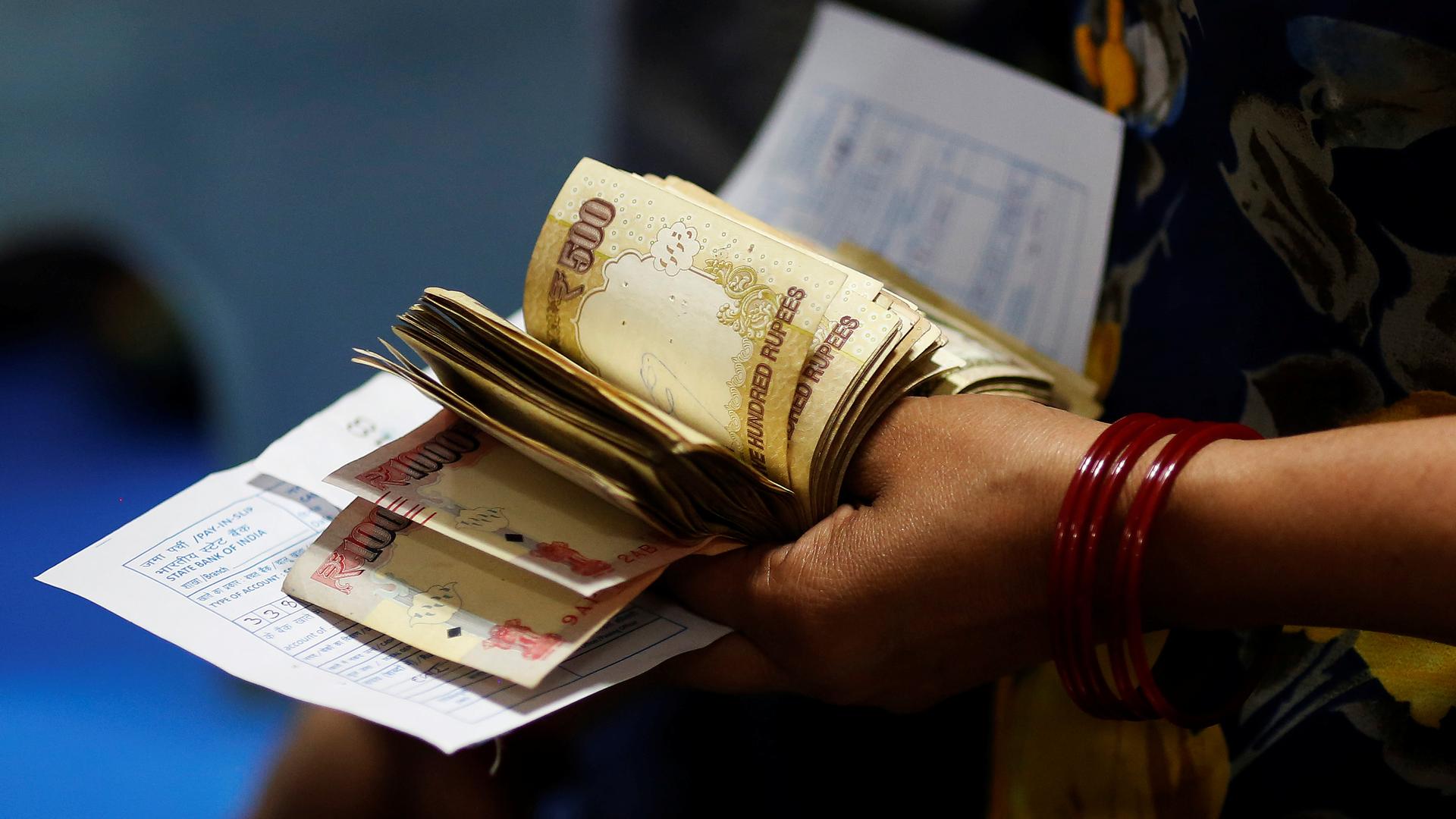A report names 44 Indian banks highlighted by a US agency that works to combat money laundering, terrorism financing and financial fraud.
For years, India has been lobbying the Financial Action Task Force (FATF), an international watchdog, to blacklist Pakistan, accusing Islamabad of using the banking system to sponsor terrorism, and place it alongside countries such as Iran and North Korea.
Since 2018, Pakistan has been on FATF’s ‘grey list’ as a result of failing to comply with regulations pertaining to money laundering and terrorism, but on July 30 the Pakistani Senate took a giant step towards elevating its status by unanimously approving two bills: the United Nations Security Council Amendment Bill and the Anti-Terrorism Act Amendment.
Certainty, Pakistan still has much to do to meet all of the FATF’s guidelines, but a newly published investigation into the shadowy world of the international banking system now raises questions about India’s participation in the sponsorship of terrorist activities.
Last week, BuzzFeed News released a trove of secret government documents, showing how many of the world’s largest banks and other financial institutions are moving trillions of dollars’ worth of suspicious transactions on behalf of drug cartels, money launderers and terrorist groups.
“Thousands of secret suspicious activity reports offer a never-before-seen picture of corruption and complicity – and how the government lets it flourish,” observe the dozen BuzzFeed News journalists who assessed and curated these leaked files.
One of the many examples shows how Standard Chartered Bank moved money on behalf of a Dubai-based business that was laundering cash on behalf of the Taliban, while another reveals how several major US banks, including JP Morgan Chase, Citibank, Bank of America and others helped process millions of dollars’ worth of transactions on behalf of a former city mayor in Kazakhstan who was wanted for arrest by Interpol for fraud and bribe-taking.
The report also implicated 44 Indian banks and financial institutions, with hundreds of transactions flagged as “top-secret suspicious-activity-reports (SARs)” by the Financial Crimes Enforcement Network (FinCen), an agency within the US Treasury Department charged with combatting money laundering, terrorism financing and financial fraud.
These revelations raise questions about the extent to which the Indian government has participated or turned a blind eye to the financing and sponsoring of terrorist activities in Pakistan, Kashmir and Balochistan, especially given current and former members of India’s armed forces have admitted doing so over the past two decades.
The late Indian Defence Minister Manohar Parrikar acknowledged India “uses terrorism to counter terrorism” in reference to Pakistan, while Indian military officer Major (Retired) Gaurav Arya told a television audience he had participated in terrorist activities in Balochistan, and then there’s Naval Commander Kulbushan Jadhav, who was sentenced to death by a Pakistani military court after confessing to carrying out terrorism in Pakistan on March 3, 2016.
In the “War on Terror” era, India has found a “favourable strategic environment for sabotage and subversion in Pakistan and this was taken to a new level of violence through state-sponsored terrorism by India,” observe Adeela Naureen and Umar Waqar for the Express Tribune, noting how New Delhi has used proxy militias and terrorist groups to “suffocate” and turn Pakistan into a failed state by keeping its border with Afghanistan “on fire.”
Despite these ongoing terrorist activities, India has successfully used international concerns about “Islamic” terrorism to portray Pakistan as a “terrorist state,” locating itself alongside the Western world in the war against terror. This is also why the literature on global terrorism is scant when it comes investigating whether India might be involved in sponsoring terrorist activities to achieve its geopolitical aims.
This strategy has had disastrous consequences for 8 million Muslims who live under the heel of India’s brutal military and colonial rule in Kashmir. For instance, New Delhi shakes off international pressure for its human rights violations in the territory by falsely portraying local resistance against its repressive measures to be the result of “Islamic extremism” or “violent jihadism,” as opposed to the struggle for liberation and self-determination.
New Delhi also alleges Kashmiri resistance against its occupation is being fanned by Pakistani militants and the “terrorist Pakistani state” in an effort to sideline Pakistan in the decades-long dispute over Kashmir. But it is India that has nearly one million soldiers in the disputed territory and has violated the ceasefire line more than 1,200 times this year alone, while also moving artillery positions into residential neighbourhoods and using the local population as human shields, a war crime by any other name and state terrorism by another.
One article in the Strategic Studies journal contends India has used state terrorism to “curb the mounting popular pressure against New Delhi’s control,” and it has done this by granting security forces greater powers to use violence against the restive population, leaving more than tens of thousands of Kashmiri civilians killed since 1989, according to a 2004 US congressional report.
Ultimately, when it comes to the role powerful nation-states play in sponsoring terrorism, India’s role is one of the least examined, but these new revelations by BuzzFeed News, which show dozens of Indian banks carrying out and overseeing hundreds of suspicious activities, suggest the international community must take a closer look at the way the Indian government destabilises Pakistan and exerts its rule in disputed Kashmir.
Author: CJ Werleman
CJ Werleman is a journalist, author, and analyst on conflict and terrorism.
Source










Discussion about this post